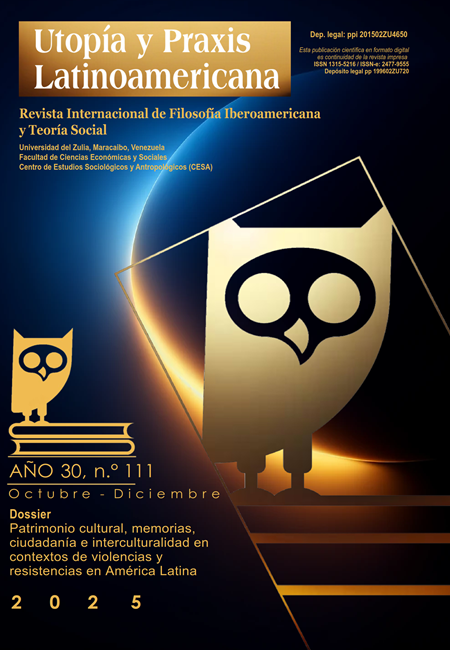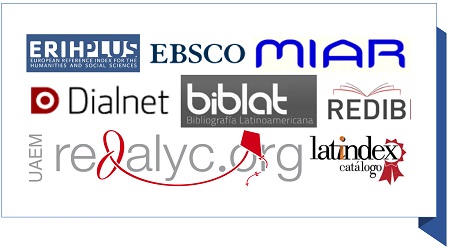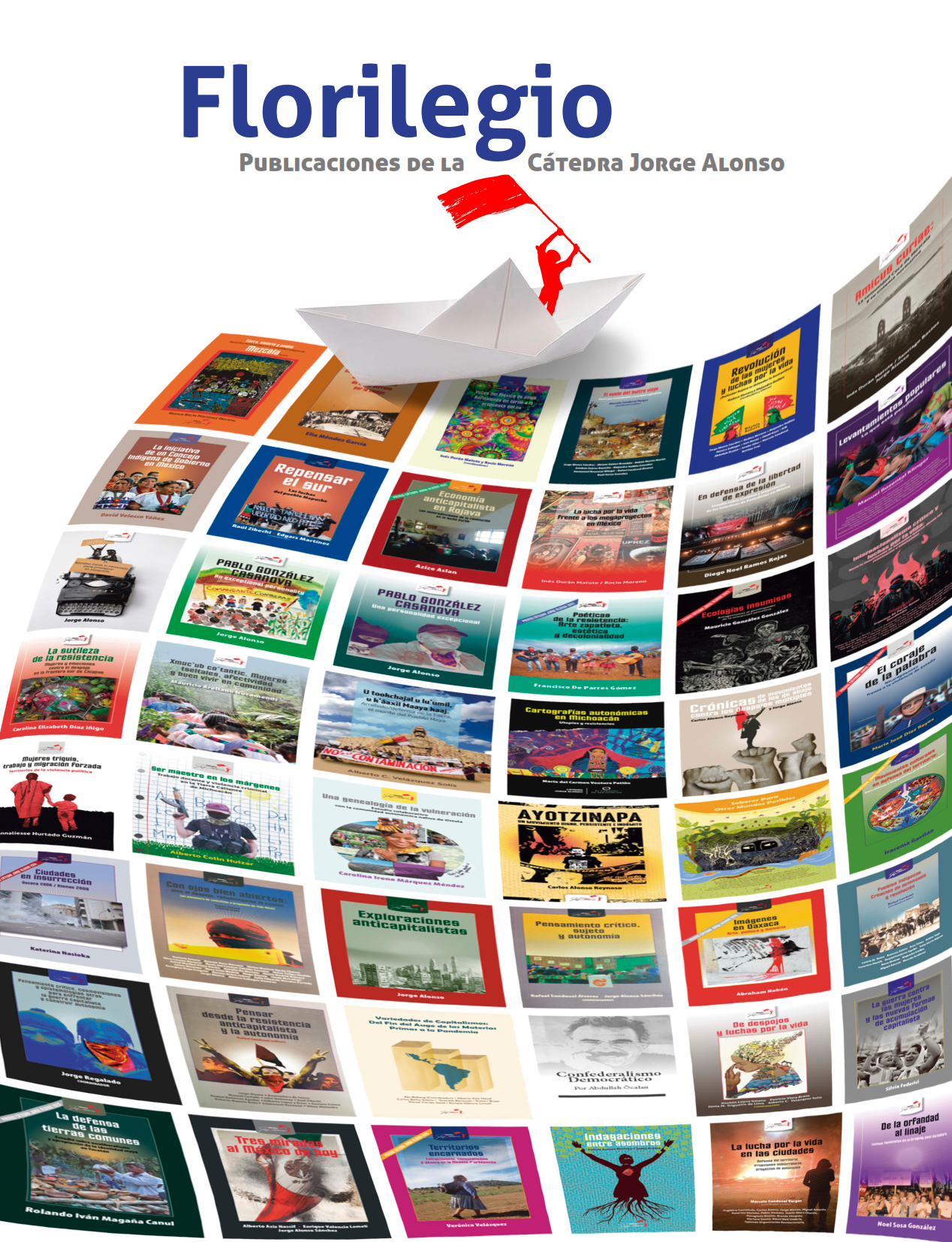Neoliberalism, globalization and symbolic violence: a web of power and resistance
Abstract
This essay explores how neoliberalism, globalization, and symbolic violence shape the landscape of diasporic experiences, and how these communities deploy forms of resistance that redefine memory and identity. The study introduces the concept of Resilient Confluence of Identities, defined as the capacity of migrant communities to transform, reinterpret, and expand their cultural identities through a dynamic dialogue between their traditions of origin and the influences of the host environment. This phenomenon manifests itself in the redefinition of heritage—particularly in gastronomy, art, and literature—emerging as a strategy to counter cultural commodification and hegemonic models. Based on the theoretical frameworks of Homi K. Bhabha and Stuart Hall, the essay ultimately challenges the perception of culture as a passive element within market-driven dynamics and instead conceptualizes it as a field of struggle and social transformation. In a world where power structures are constantly being reconfigured, the resistance expressed through the Resilient Confluence of Identities demonstrates that memory and identity can act as transformative forces, challenging entrenched inequalities and redefining the meaning of progress and belonging in a globalized society.
References
APPADURAI, A. (1996). Modernity at Large: Cultural Dimensions of Globalization. Minneapolis: University of Minnesota Press.
BHABHA, H. K. (1994). The Location of Culture. Routledge.
BOURDIEU, P. (1984). Distinction: A Social Critique of the Judgement of Taste. Harvard University Press.
BOURDIEU, P. (1991). Language and Symbolic Power. Cambridge: Polity Press.
GONZALES-LARA, J. Y. (2020). Gusto Perú: 14 Recetas e Historias de la Cocina Peruana.
GONZALES-LARA, J. Y. (2023). Diásporas, Transnacionalismo Gastronómico y Transmigraciones.
GONZALES-LARA, J. Y. (2024). Gastronomic Transnationalism: The Silk Road to the Latin American and Peruvian Table (Coautor: Roberto Bustamante Flores, 2024).
GONZALES-LARA, J. Y. (2024). Más Allá de las Fronteras: Evolución del Voto Migrante en la Era Digital – Reflexiones y Perspectivas.
GONZALES-LARA, J. Y. (2024). Transnacionalismo Gastronómico: Aproximación Teórica al Transnacionalismo Gastronómico.
GONZALES-LARA, J. Y. (2024). Transnacionalismo Gastronómico: La Ruta de la Seda a la Mesa Latinoamericana y Peruana. Editorial La Diaspora.
HALL, S. (1990). Cultural Identity and Diaspora. En J. Rutherford (Ed.), Identity, Community, Culture, Difference (pp. 222–237). Lawrence & Wishart.
HARVEY, D. (2005). A Brief History of Neoliberalism. Oxford University Press.
SASSEN, S. (1991). The Global City. Princeton University Press.









